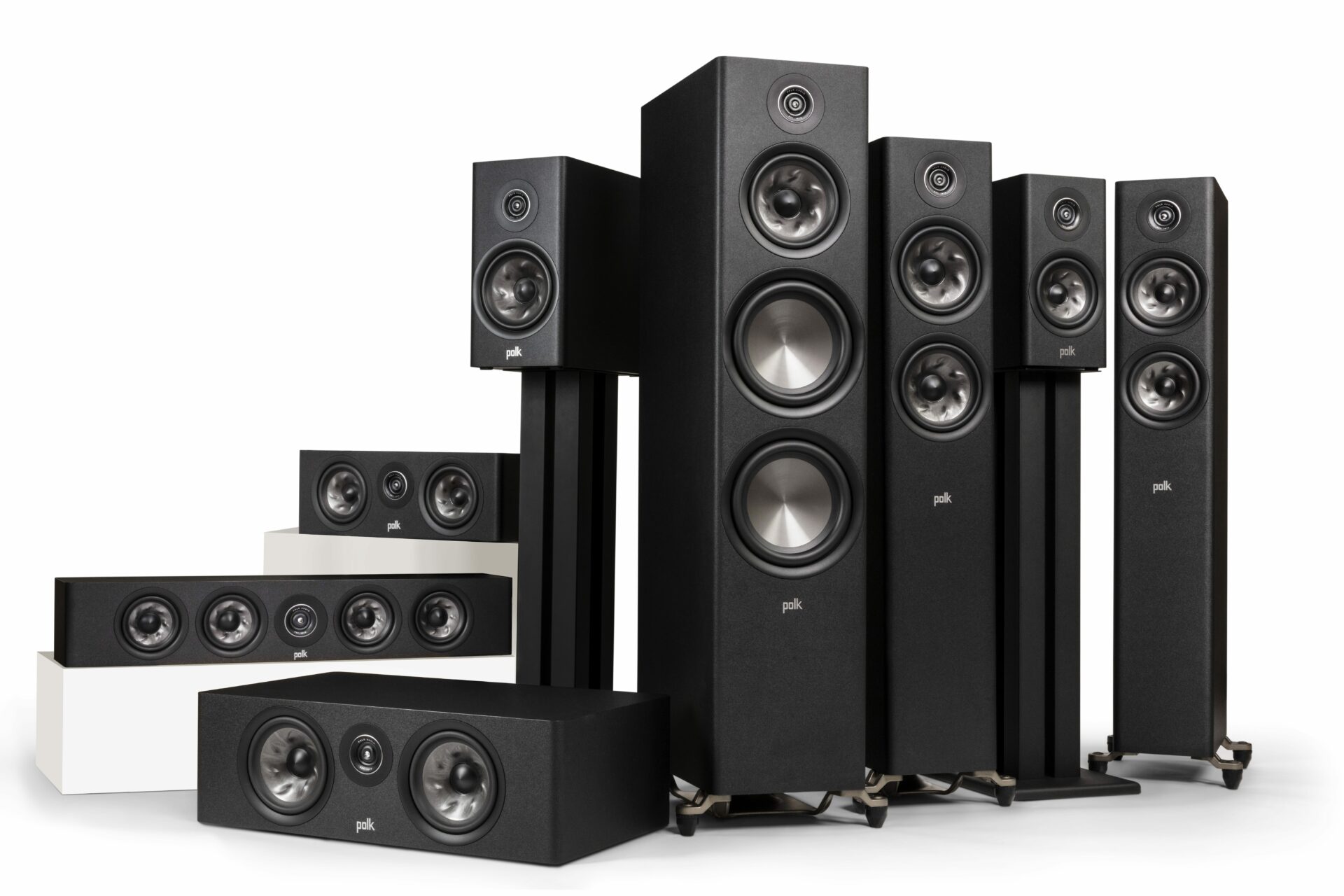
There are at least three Sufjans. There’s Folk Sufjan, epitomized by early albums like Seven Swans and, more recently, 2015’s haunting Carrie and Lowell. Folk Sufjan is characterized by all-acoustic instrumentation, personal lyrics, and straightforward, melody-focused arrangements.
Then there’s Classical Sufjan. In this guise, Sufjan Stevens is a master of interlacing classical techniques (theme and variation, counterpoint, polyphony) with rock elements to create complex, remarkably satisfying music that’s built to go the long haul. Classical Sufjan employs instruments ranging from solo piano, as in 2019’s The Decalogue, to staples of both acoustic and electric rock melded with orchestra, brass, and chorus. The ultimate Classical Sufjan release is his masterpiece from 2005, Illinois.
That leaves us with Techno Sufjan, who has a penchant for highly-electronic musical settings and pervasive vocal processing. Generally speaking, I’m not a huge fan of Techno Sufjan. I find his synthetic arrangements at odds with the intimacy and honesty of Stevens’ vocals. Further, he often slathers the electronica so thickly it obscures the melodic line, which is heresy. Finally, Techno Sufjan has trouble with moderation. Unlike, say, Radiohead or Kraftwerk, he hasn’t learned that less is usually more. At its worst, the result can be cacophonous, bombastic, and grating. To be sure, Techno Sufjan has his moments, such as the gorgeous standout “I Walk” from 2010’s The Age of Adz. But these flashes of brilliance always seem to come tethered to tiresome filler.
Which brings us to Ascension. The album, available in LP, CD, and download format from vancamp.com and streaming from Qobuz, is unquestionably a Techno Sufjan release, but the story is more complicated than that. Yes, the instrumentation is completely artificial; in this case, it’s a stack of 80s-era drum machines and Prophet synths. And, yes, the arrangements sometimes verge on—and occasionally veer into—self-indulgence. There’s not an unprocessed vocal to be found. Meanwhile, the sonics are typical for a Techno Sufjan release, which is to say muddled. A good system will at least reveal the layers in these very deep mixes.
Yet despite all that, Ascension has greatness.
Start with the lyrics, which are unlike anything this or any Sufjan has sung before. In the past, no matter what the song’s particular subject matter, Stevens always imbued his words with two unwavering elements: spiritual devotion (sometimes explicit but more often as subtext) and personal optimism. Here, both of those qualities are called into question. This lends Ascension’s lyrics both freshness and a newfound profundity.
In the matter of faith, Stevens has clearly undergone a crisis. He confesses that he no longer believes, though he desperately wants to. He despairs of the time and energy he put into his faith, confident it would deliver redemption. Now, he’s not only uncertain that God will come through, he’s not sure who will. On the title track he sings in a strained falsetto: “But now/It strikes me far too late again/That I was asking far too much/Of everyone around me.” Contributing to his philosophical straits, Stevens finds himself dismayed at what he sees happening to the earth, to America, and to humanity itself.
To be sure, these subjects do not lend themselves to an upbeat album, and Ascension isn’t one. Nor is it a downer, however. Stevens never abandons his warmth or sense of humor. He’s questioning his surroundings and himself in ways most of us can relate to. And many of the lyrics describe the comfort he seeks, which renders them comforting in and of themselves.
On the musical front, Ascension is replete with the uncannily-memorable and beautiful melodies that Stevens fans live for. At first I couldn’t hear some of these gems, so deeply buried in the mire are they. After about the third playing, though, each delicate line emerges. And unlike The Age of Adz, Ascension has no filler—in spite of its 80-minute length.
Would I prefer that these thoughts and music had been appropriated and delivered by Folk or Classical Sufjan? Without question. Either one, I believe, would have provided this material with a more sympathetic setting. Nonetheless, now that I’ve unlocked Ascension’s multitude of enchantments, I can’t imagine being without them. This is Techno Sufjan’s best album by far. So good, in fact, I expect it’ll make the other Sufjans proud.

By Alan Taffel
I can thank my parents for introducing me to both good music and good sound at an early age. Their extensive classical music collection, played through an enviable system, continually filled our house. When I was two, my parents gave me one of those all-in-one changers, which I played to death.
More articles from this editor





















